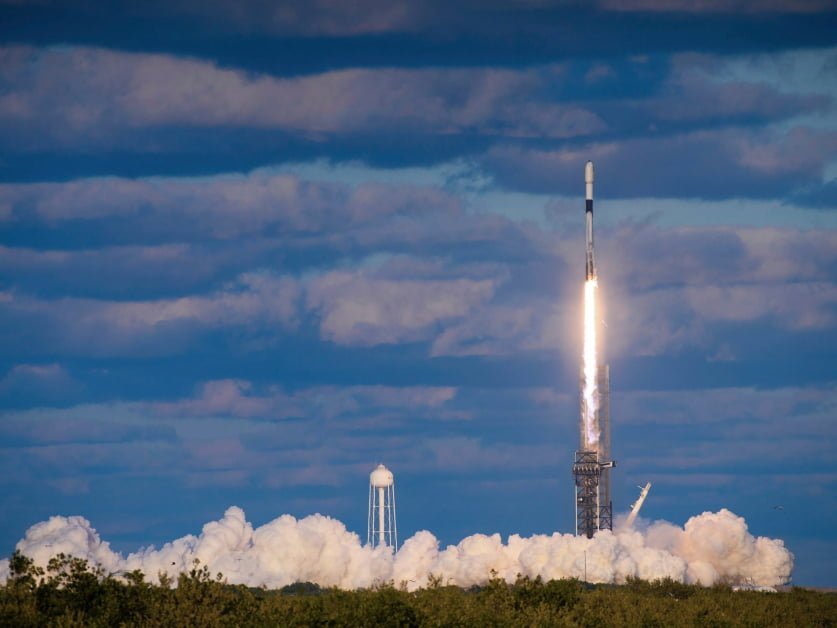South Korea’s Success in Space Technology: Launch of Second Navy Reconnaissance Satellite
The recent successful launch of South Korea’s second navy reconnaissance satellite showcases the country’s advanced technological capabilities and commitment to enhancing national security. This achievement highlights South Korea’s growing role in the global space industry, solidifying its position as a leading player in the space race.
A Significant Milestone for South Korea’s Defense Capabilities
The satellite was launched into orbit from the John F. Kennedy Space Center in Florida, US, aboard a SpaceX Falcon 9 rocket. This successful deployment further enhances South Korea’s autonomous intelligence, surveillance, and reconnaissance capabilities, strengthening its defense infrastructure. With plans to launch a total of five navy reconnaissance satellites by 2025, South Korea is in a race with North Korea to enhance its surveillance capabilities amidst escalating tensions on the Korean Peninsula.
North Korea’s Ambitions for Reconnaissance Satellites
In response to South Korea’s successful launch, North Korea has reiterated its plans to launch multiple reconnaissance satellites this year. The first glimpse satellite launched by North Korea, Malligyong-1, transmitted imagery of key sites in the US, including the White House and the Pentagon. Despite these claims, North Korea has not released any of the captured images.
Future Prospects in Space Exploration
North Korea’s vice director of the National Aerospace Technology Administration announced plans for additional reconnaissance satellite launches, with leader Kim Jong Un aiming to deploy three more by 2024. South Korean Defense Minister Shin Wonsik anticipates the first of these launches to occur soon, possibly coinciding with the April 15th celebration of Kim Il Sung’s birthday. These satellite launches by North Korea are viewed as violations of United Nations sanctions due to their use of prohibited ballistic missile technology.
Conclusion
South Korea’s successful deployment of its second navy reconnaissance satellite exemplifies its advancements in space technology and national security. As both South Korea and North Korea strive to enhance their reconnaissance capabilities, the implications for regional stability and global security remain a key concern. The ongoing developments in space exploration underscore the importance of technological advancements in shaping the future of defense capabilities and international relations.
Source: Al Jazeera and news agencies


